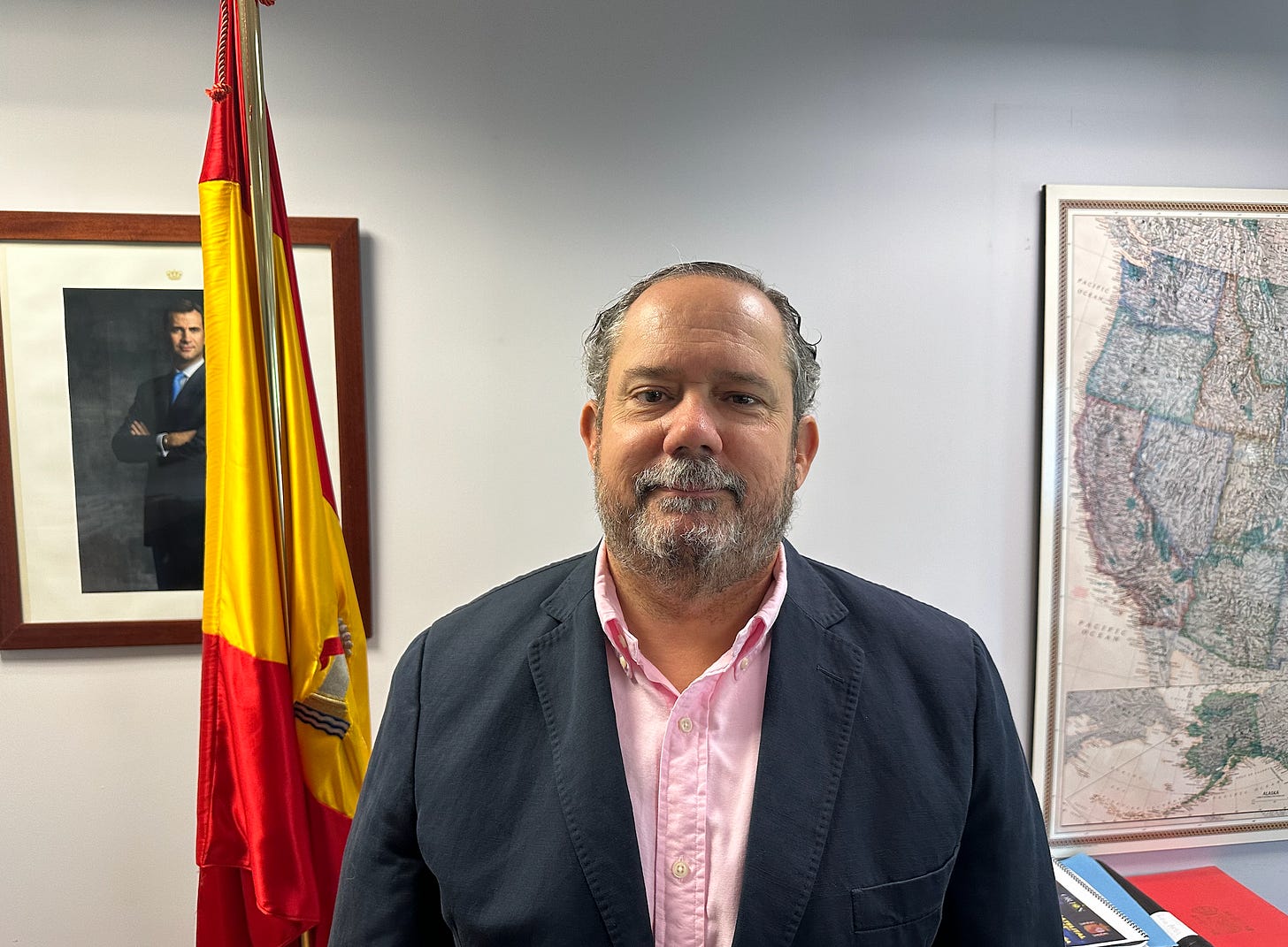Why Strategic European Firms Aren’t Losing Sleep Over the U.S. Election
Renewable firms continue growing and establishing operations in the U.S., regardless of who occupies the White House.

Spaniards will be the first to admit: they love their lifestyle in Europe but prefer to make money in the United States. It’s the sweet spot for those lucky enough—enjoying tapas while tapping into Wall Street. Recently, one of the biggest opportunities for Europeans, especially Spaniards, has been in renewable energy. They’re exporting more than just wine and jamón; they’re bringing solar farms, wind projects, and investments that cross borders. Spanish renewable energy companies are expanding into the U.S., and incentives like tax credits, grants, and visa policies are making green business profitable.
Europe’s green energy players have become powerful in the U.S. market, investing billions, creating jobs, and advancing technology. As another U.S. election cycle heats up, these firms seem calm about potential shifts in energy policies. Years of navigating changing federal landscapes have left them less worried than some might think. Federal policies loom large, but these companies appear ready to keep growing, regardless of who sits in the Oval Office.
“We’re watching the elections, but it’s business as usual,” says Jose Luis Kaiser, former Economic and Commercial Counselor for Spain in the U.S. and now Deputy Director General of Commercial Strategy and Economic Security in Spain’s Ministry of Economy. He notes that protectionist policies haven’t shifted much from Trump to Biden, and with significant supply chain disruptions from the pandemic, he expects this protectionist trend to continue for the foreseeable future.

What Led to This Moment
Recent U.S. policies have set the stage for a green energy boom. The Inflation Reduction Act, and other sweeping legislation have supercharged renewable investments.
At the same time, European renewable firms have observed how U.S. administrations—from Obama’s green push to Trump’s “drill, baby, drill” mantra—swing wildly on policy rhetoric. But these companies are savvy; they’re already investing at the state and local levels to bypass federal roller coasters.
States like California, Florida, and Texas offer rich green energy opportunities, with substantial wind and solar installations. Foreign players like Spain’s energy leaders Iberdrola, Acciona Energía, and Repsol have American branches and subsidiaries that have created deep relationships at local and state levels, ensuring they can thrive even if political winds shift.
“The U.S. is a top market for all international companies. The opportunities in the energy sector here are vast,” Kaiser explains. “Since around 2015, Spanish renewable companies have increasingly transitioned here as the U.S. has shifted its energy priorities. First, oil and gas were the main focus, but now we’re seeing a big push toward renewables.”
European sister firms are moving with the tides.
Key Analysis
What’s keeping the Europeans so calm?
Federal vs. State Dynamics: Renewable-friendly states are leading the charge, and EU firms are finding safety in decentralized power. State and even municipal policies have remained more consistent, giving them a clear roadmap. (That said, Texas recently passed legislation restricting renewable energy projects, so not all is perfect or predictable.)
Adaptation and Flexibility:




